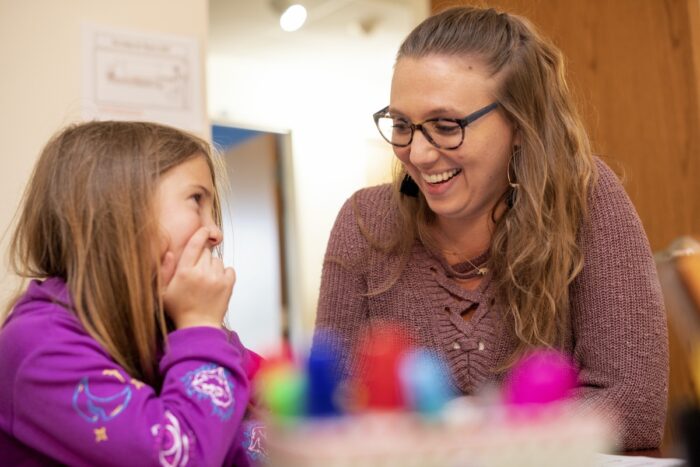Students with learning disabilities often face unique challenges in academic settings. However, with the right support and resources, these students can thrive and achieve academic success. In this article, we will explore some essential resources that can help unlock academic success for students learning disabilities for resources.
Understanding Learning Disabilities
Before delving into the essential resources, it is important to have a basic understanding of learning disabilities. Learning disabilities are neurologically-based processing problems that can interfere with basic skills such as reading, writing, or math. These disabilities can impact a person's ability to learn, but with the right support, individuals with learning disabilities can overcome these challenges.
Types of Learning Disabilities
- Dyslexia: A reading disability that can affect decoding, reading fluency, and comprehension.
- Dysgraphia: A writing disability that can impact handwriting, spelling, and organization.
- Dyscalculia: A math disability that can affect number sense, calculation, and math reasoning.
- ADHD: Attention-deficit/hyperactivity disorder that can impact attention, behavior, and learning.
Essential Resources for Academic Success
1. Individualized Education Plan (IEP)
An Individualized Education Plan (IEP) is a customized plan developed for students with learning disabilities. It outlines the student's learning goals, accommodations, and support services. An IEP is a valuable resource that ensures students receive the specialized help they need to succeed academically.
2. Assistive Technology
Assistive technology can be a game-changer for students with learning disabilities. These tools and software can help students with tasks such as reading, writing, organization, and time management. Some common assistive technology tools include voice-to-text software, text-to-speech programs, and graphic organizers.
3. Learning Support Services
Many schools offer learning support services for students with learning disabilities. These services may include tutoring, study skills workshops, and academic coaching. Taking advantage of these resources can provide students with the extra help they need to succeed in their academic endeavors.
4. Accommodations and Modifications
Accommodations and modifications are changes made to a student's learning environment to help them access the curriculum and demonstrate their knowledge. Some common accommodations for students with learning disabilities include extended time on tests, preferential seating, and alternative assignments.
Tips for Academic Success
1. Self-Advocacy
- Encourage students to self-advocate for their needs and seek help when necessary.
- Teach students how to communicate their learning preferences and accommodations to teachers.
2. Organization Skills
- Help students develop effective organization skills to keep track of assignments, due dates, and study materials.
- Encourage the use of tools such as planners, calendars, and to-do lists.
3. Study Strategies
- Provide students with study strategies that align with their learning style.
- Encourage the use of visual aids, mnemonic devices, and practice quizzes to enhance learning.
Conclusion
Students with learning disabilities have the potential to achieve academic success with the right support and resources. By utilizing essential resources such as IEPs, assistive technology, and learning support services, students can overcome challenges and thrive in academic settings. It is important for educators, parents, and students to work together to create a supportive environment that fosters learning and growth for students with learning disabilities.

